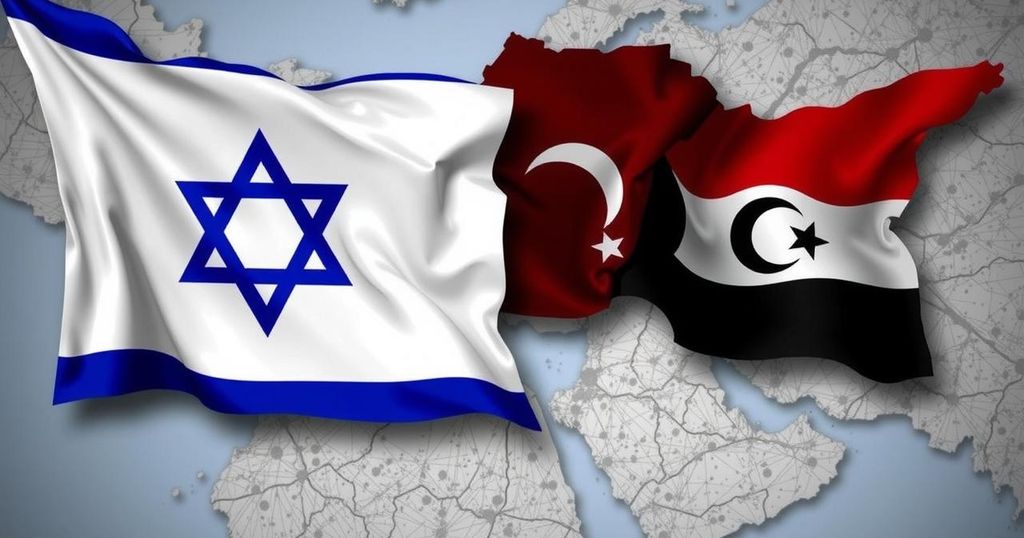GCC Calls for Israel’s Withdrawal from Syrian Territories
The GCC has urged Israel to withdraw from Syrian territories, reaffirming its commitment to Syria’s sovereignty and territorial integrity. This call highlights ongoing regional tensions and emphasizes the need for diplomatic dialogue to resolve disputes. The statement aligns with broader GCC objectives to foster peace and stability in the Middle East.
The Gulf Cooperation Council (GCC) has recently called upon Israel to withdraw from the territories it occupies in Syria. This position emphasizes the GCC’s commitment to advocating for sovereignty and territorial integrity in accordance with international law. The statement from the GCC reflects ongoing tensions in the region and emphasizes the need for peaceful dialogue and resolution of disputes between Israel and Syria regarding the occupation of Syrian land. The appeal aligns with the GCC’s broader objectives to foster stability and security in the Middle East.
The recent statement from the GCC underscores the longstanding conflict between Israel and Syria, particularly in relation to the Golan Heights, an area captured by Israel during the 1967 Six-Day War. The GCC is a regional political and economic union comprising six nations: Saudi Arabia, Kuwait, the United Arab Emirates, Qatar, Bahrain, and Oman. Their involvement is crucial as they collectively seek to influence Middle Eastern geopolitics, often advocating for resolutions that uphold the principles of sovereignty and respect for territorial boundaries. The historical context of the Israel-Syria conflict showcases the complexity of the region’s political landscape, with various entities seeking resolution and peace.
In conclusion, the GCC’s call for Israel’s withdrawal from Syrian territories reflects a significant stance on regional sovereignty issues within the context of international law. This appeal highlights the continuing tensions in the region and the need for diplomatic efforts aimed at achieving long-term peace. The GCC’s involvement illustrates the importance of collective regional efforts in addressing and resolving conflicts that affect stability in the Middle East.
Original Source: www.thenationalnews.com




Post Comment